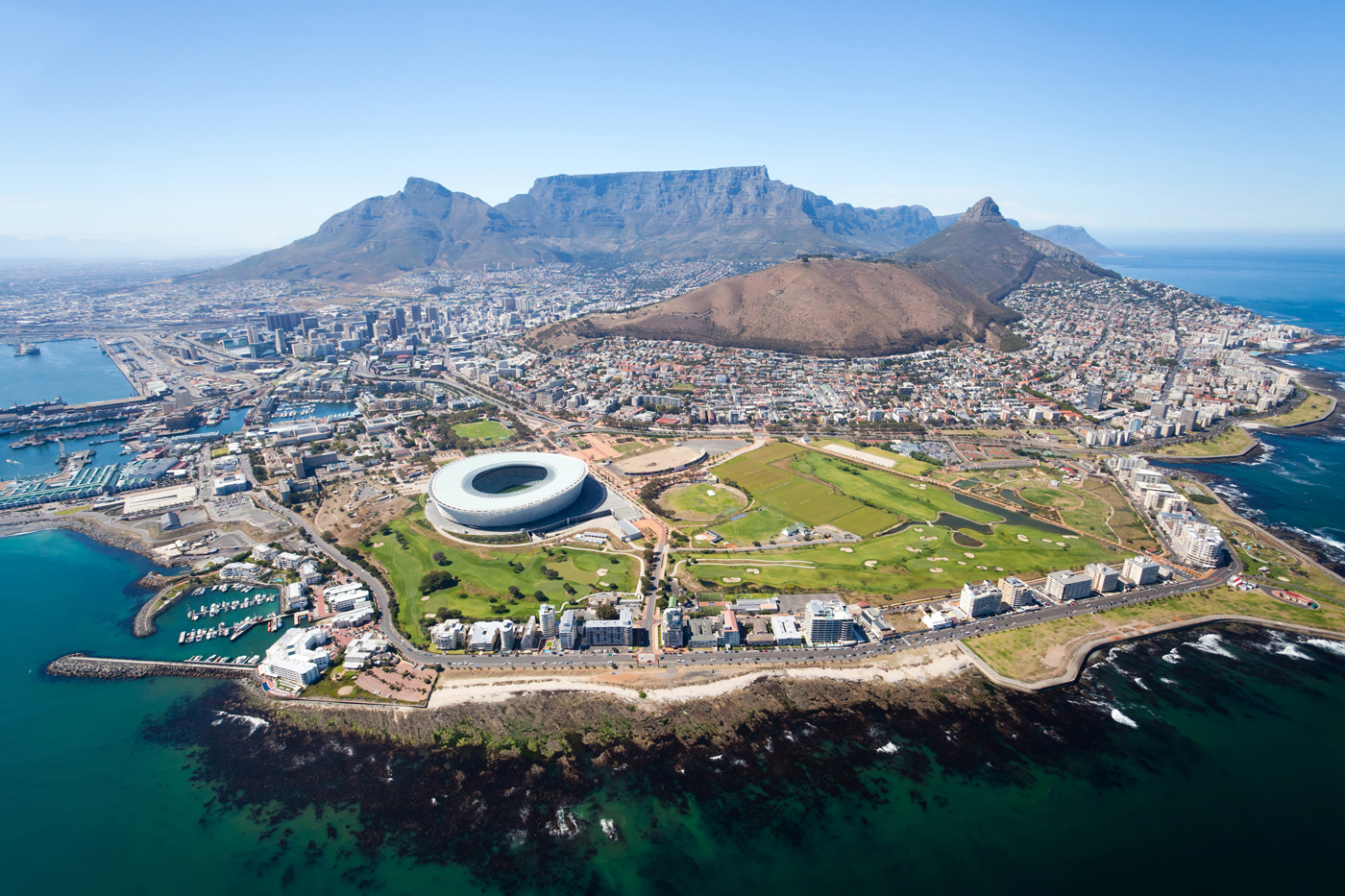National Oil Companies (NOCs) in sub-Saharan Africa are selling oil in shadowy deals, according to a report by Natural Resource Governance Institute (NRGI).
“A handful of companies are buying public oil that’s worth 10, 15 or 20 percent of government revenue and only a very small circle of insiders know about the transactions,” said Alexandra Gillies, head of governance programs at NRGI and one of the authors of Big Spenders: Swiss Traders, African Oil and the Risks of Opacity.
Ten countries in sub-Saharan Africa, including Nigeria, Ghana, Cameroon, and Angola were considered in the research by NRGI, the Berne Declaration and SWISSAID.
Swiss traders like Glencore, Arcadia, Mercuria, Gunvor, Trafigura, Vitol and Socar Trading bought oil worth approximately $55 billion from NOCs in the top ten sub-Saharan oil-producing countries from 2011 to 2013. The sum is equal to over 10 percent of the combined government revenues of the countries considered, and double what they received in foreign aid. Oil worth $37 billion was bought from Nigeria by Swiss companies over the three years considered in the report. The amount is equal to over 18 percent of the country’s revenues.
“We knew Swiss traders did big business in Africa, but the scale of these deals still came as a surprise,” said Gillies.
The report added that health expenditures of the government across the ten countries from 2011 – 2013 were less than half the amount the Swiss traders paid.
The authors of the research however aired their concerns about “Africa’s producers’ lack of many of the checks and balances needed to safeguard the public interest, citing the 2013 Resource Governance Index, which ranks Nigeria, Cameroon, Angola, Equatorial Guinea and South Sudan in the bottom third of the 58 resource-rich countries assessed.
Sadly, the Swiss traders are also involved in broader poor governance and corruption. Gunvor is currently being investigated for money laundering in relation to its purchase of crude worth $2 billion from the Republic of Congo’s NOC at a discounted price of $4 per barrel.
In Nigeria, Africa’s largest economy, government and independent reports suggest that the country’s state-owned operator, Nigeria National Petroleum Corporation (NNPC) has sold crude below market value to its subsidiary based in Bermuda, Calson, where Swiss firm Vitol holds 49 percent stake.
According to the report, NNPC also sells to some entities referred to as “briefcase traders,” some of which are controlled by politically exposed individuals. Other Swiss traders listed in the research have also been indicted in one ‘shady’ deal or the other.
A development that however cast a shadow of doubt on a stop to the opaque deals anytime soon is that the Swiss government last month indicated that trading activities that dominate the Swiss commodities sector would be exempted in its forthcoming legislation on transparency.
“The Swiss government has acknowledged the risks that the sector poses for Switzerland’s reputation and the importance of transparency,” said co-author of the report, Marc Guéniat, Berne Declaration senior researcher.
Guéniat laments that instead of working to stop the opaque dealings, Switzerland is proposing a bill that does little to guard against its trading companies’ contribution to the ‘resource curse’.
The researcher stressed that Africans need to know about how much of their resources is being sold by the government and how much the government earns in return.
Another co-author of the report, Lorenz Kummer, who is a policy advisor with SWISSAID therefore urged Switzerland to as a matter of urgency take steps to ensure all trading-related payments to governments by Swiss traders are disclosed.
“This should include, among other aspects, the volume, grade, date and amount paid for each individual purchase. Otherwise, huge revenue flows like the ones discussed in our report will remain secret,” said Kummer.
While the report recommends that oil-producing governments and NOCs should shun favoritism in the selection of buyers and determination of the selling price, and also disclose how the state’s share of production is allocated and sold, it maintains that the transactions between African governments and Swiss companies deserve attention “because they are vulnerable to governance risks.”



